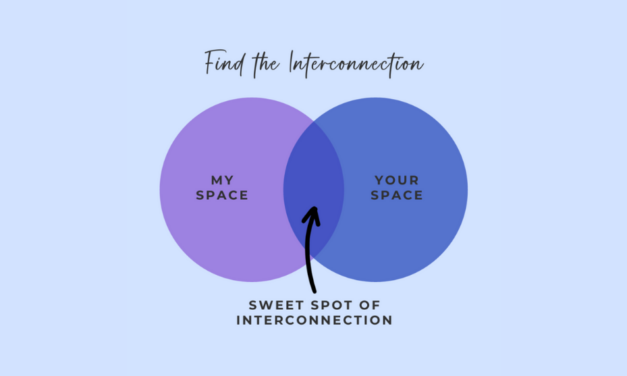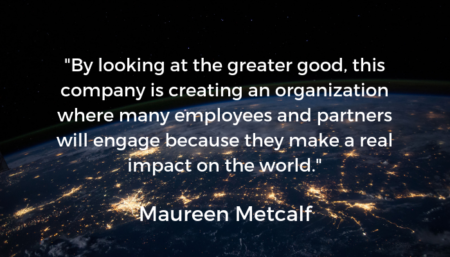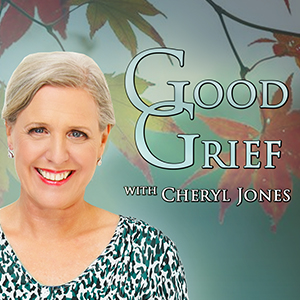Finding the Interconnection: The Shared Space on Our Venn Diagram
When speaking to Jessica Ellison, Executive Director of the National Council for History...
Read Moreby Stephanie Duguid | Oct 9, 2023 | Empowerment, VoiceAmerica | 0 |
When speaking to Jessica Ellison, Executive Director of the National Council for History...
Read Moreby VoiceAmerica | Jul 30, 2020 | Business | 0 |
To receive the weekly blogs via email, please sign-up here. This blog is provided by April Blaine...
Read Moreby VoiceAmerica | Oct 19, 2018 | Business, Featured | 0 |
This blog post is the companion to the Voice America interview with Dale Meyerrose, Doing...
Read Moreby VoiceAmerica | Oct 28, 2015 | Health & Wellness | 0 |
Karen Wyatt worked with hospice patients. In the end, they taught her the lessons of dying, but...
Read More




